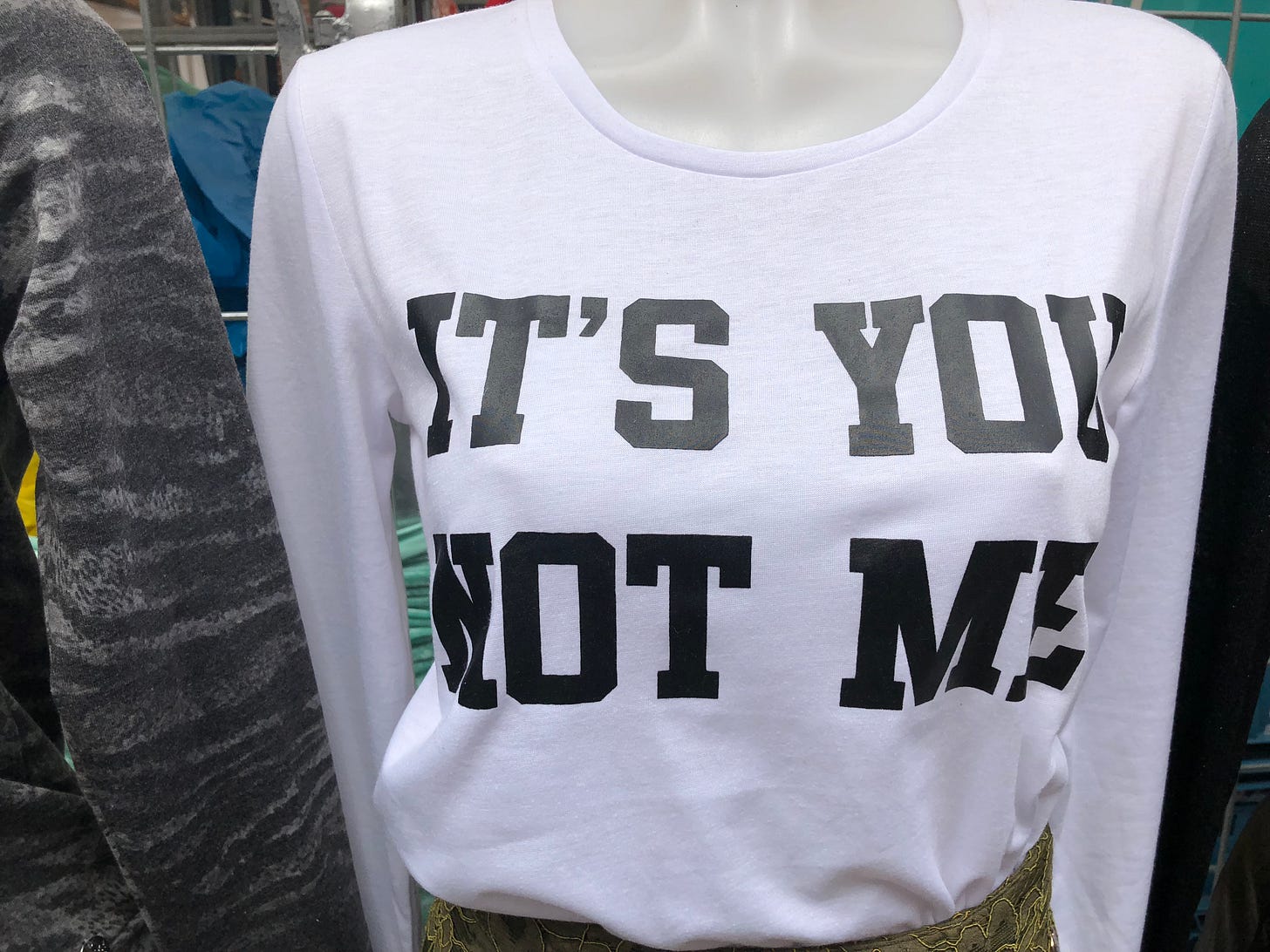One of the greatest challenges I encounter when coaching people is blame.
Blame is uniquely toxic. It’s not a problem you can fix—it’s a puzzle with no edges, no solution. The moment blame enters, it doesn’t stay in your mind. It hijacks your body. It floods your nervous system. It’s not just a thought—it’s a full-body experience of consciousness being overtaken.
Blame often comes from a very young place in us—a moment where trust was broken or a longing went unmet. Most often, it starts with our parents. But as we all know, we carry it into our romantic lives, reliving it over and over again.
We find partners who remind us of the one who couldn’t give us what we needed, and we blame them when they fall short. It’s a setup. A reenactment.
I know this intimately. I blamed my father for years—for not loving me, for not showing up, for not being who I needed him to be. I even romanticized the idea of flying across the world, finding him, killing him, and flying home that same night. The anger ran that deep.
But in that blame, I dug a hole. And I kept digging. Until I couldn’t climb out.
There’s a quote—I think by a philosopher—that hate is like drinking poison and expecting the other person to die. That was me. That’s what blame is. It doesn’t free you. It buries you.
So how do we heal from it? How do we move through it—not bypass it?
That’s the journey. And it’s yours to make.
For me, the shift came when I saw my father not as the villain, but as someone simply incapable. How could I be angry at someone for not giving me what they never had to begin with? The expectation was mine. And once I let that go, I could stop looking at him through the eyes of a child. I could become the adult who made space for that child inside myself. That’s where the healing began.
I’ve written about this in The Wounded Healer, especially the practice of reclamation: “I am suffering from [whatever it is]… and it’s fu*king great.” Not because suffering is great, but because owning it means I’m no longer a victim of it.
Somatic work helped too—especially with JoAnn Lovascio. It reminded me that pain isn’t just held in the mind. It lives in the body. And the body remembers.
Each of us must find our own way. Your healing might not come from logic. It might come from movement, breath, grief, surrender. But one thing I do know: blame won’t get you there.
Blame is a trap. And the only way out is in.





